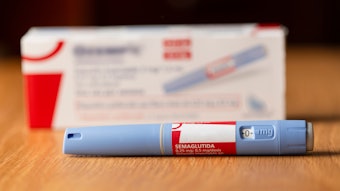The National Institutes of Health has awarded a research team at the Icahn School of Medicine at Mount Sinai $2.7 million to study systemic treatments for patients with moderate to severe atopic dermatitis (AD).
The team will investigate the efficacy of a new intravenous medication, ILV-094, which blocks IL-22, a protein that has been shown in animal models to trigger epidermal growth and differentiation abnormalities and chronic inflammation, which are major features of AD. The researchers see the study as potentially groundbreaking in using narrow pathway-targeted immune interventions for not just AD, but also other “allergic” inflammatory diseases of the skin or other organs, such as asthma.
Emma Guttman, MD, PhD, associate professor of dermatology, and director of the Laboratory for Inflammatory Skin Diseases, and Mark Lebwohl, MD, professor and chair of dermatology, will lead the study. James G. Krueger, MD, PhD, D. Martin Carter Professor and head of the Laboratory for Investigative Dermatology at The Rockefeller University, will oversee the mechanistic studies for the trial.
Dr. Guttman was the first investigator to show in humans that a separate population of T cells secrete interleukin 22 (IL-22). She also discovered the importance of the Th22 pathway and IL-22 in AD. “Dr. Guttman has been at the forefront of many of the most important strides in understanding the pathophysiology of atopic dermatitis,” said Dr. Lebwohl. “This trial is an important step in developing safer treatments for patients with moderate to severe AD.” The clinical trial is expected to last five years.











